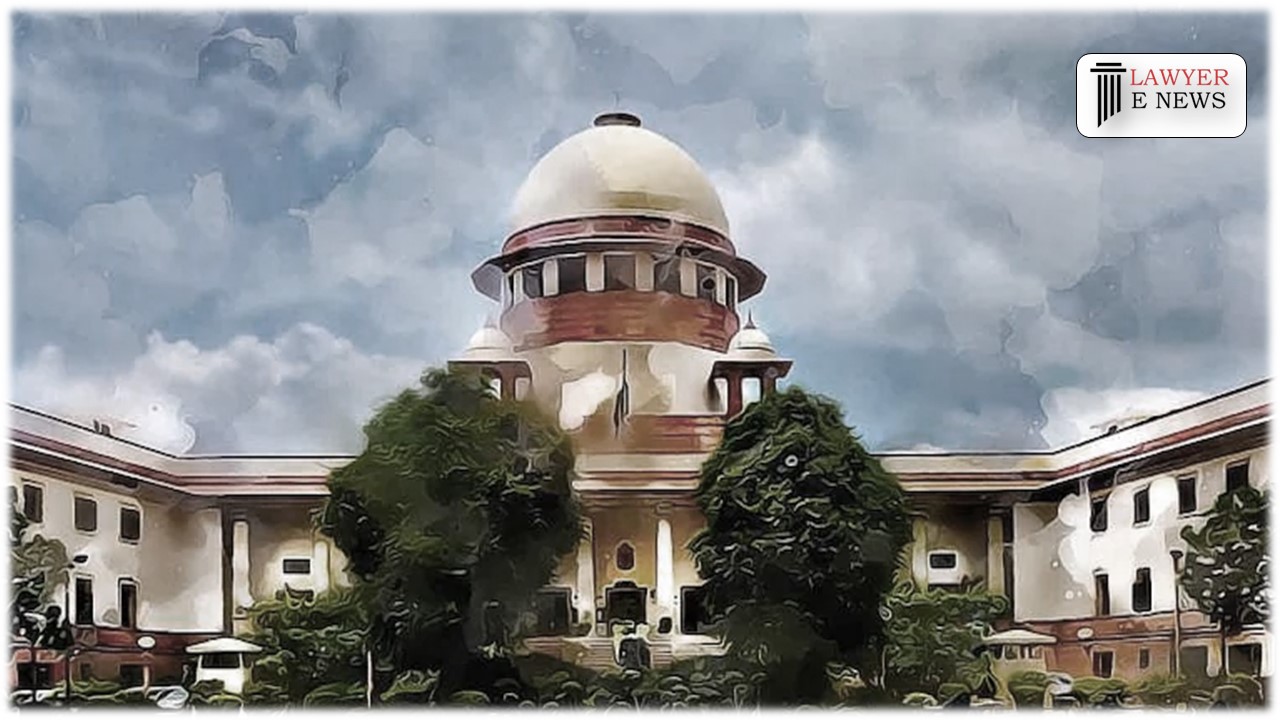-
by sayum
14 February 2026 2:22 PM



The Supreme Court of India has overturned a Madras High Court decision granting bail to members of the Popular Front of India (PFI) accused of involvement in terrorist activities. The judgment, delivered by Justices Bela M. Trivedi and Pankaj Mithal, emphasized the importance of national security and the necessity for stringent scrutiny under the Unlawful Activities (Prevention) Act (UAPA).
The case centers on allegations that PFI members were involved in promoting terrorism, recruiting for terrorist organizations, and conspiring to establish Islamic rule in India. The National Investigation Agency (NIA) arrested the respondents on September 22, 2022, following a government order directing the NIA to investigate the PFI’s activities.
The Madras High Court had previously granted bail to the accused on October 19, 2023, leading to an appeal by the Union of India, represented by the NIA. The Supreme Court’s decision addresses this appeal.
Reversal of High Court’s Bail Decision: The Supreme Court found the High Court’s order granting bail to be perverse and not in accordance with Section 43D(5) of the UAPA. The Court emphasized that accusations against the accused must be presumed true until contradicted by evidence.
Evidence from Witnesses: The Supreme Court highlighted that the statements of protected and listed witnesses collected during the investigation showed prima facie involvement of the accused in the alleged offenses. The High Court erred in discarding this evidence at the bail stage.
Prima Facie Case: The Supreme Court ruled that the totality of material presented by the investigating agency established a prima facie case against the accused through witness statements and incriminating documents.
National Security: The judgment underscored the importance of national security and the need for stringent scrutiny under UAPA. The bail order was found to be illegal and perverse, requiring intervention to maintain law and order.
The Supreme Court meticulously analyzed the legal principles and interpretation of laws relevant to the case. Key observations include:
Section 43D(5) of UAPA: This section imposes strict conditions for granting bail, requiring the court to deny bail if there are reasonable grounds for believing that the accusations against the accused are prima facie true.
Statements of Protected Witnesses: The Court emphasized that the statements of witnesses, unless rebutted or contradicted, should be considered reliable at the bail stage.
Role of Each Accused: Detailed analysis of the roles of each accused as presented in the chargesheet, showing their involvement in radicalizing youth, imparting weapon training, and planning terrorist activities.
The Supreme Court’s decision to overturn the High Court’s bail order highlights the judiciary’s commitment to national security and the rigorous application of anti-terrorism laws. The respondents have been directed to surrender, and the Special Court is to expedite the trial without being influenced by the Supreme Court’s observations.
Date of Decision : May 22, 2024
Union of India vs. Barakathullah etc.
